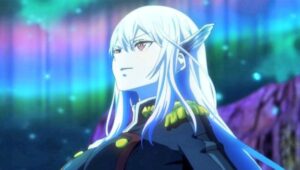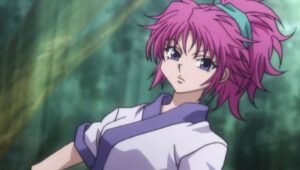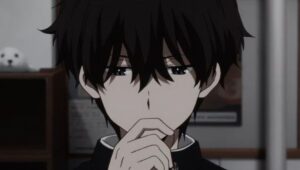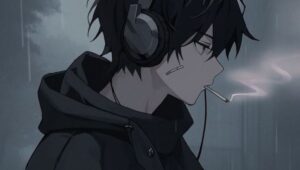Introduction
The Suicide Squad, a group of antiheroes forced into high-stakes missions by the government, has become a cultural phenomenon in various forms of media. While its roots lie in DC Comics, the Suicide Squad has transcended traditional comic book narratives to make a significant impact in the world of anime. This article delves into the evolution of the Suicide Squad Isekai, examining its inception, key adaptations, and the unique storytelling elements that have made it a compelling force in the animated realm.
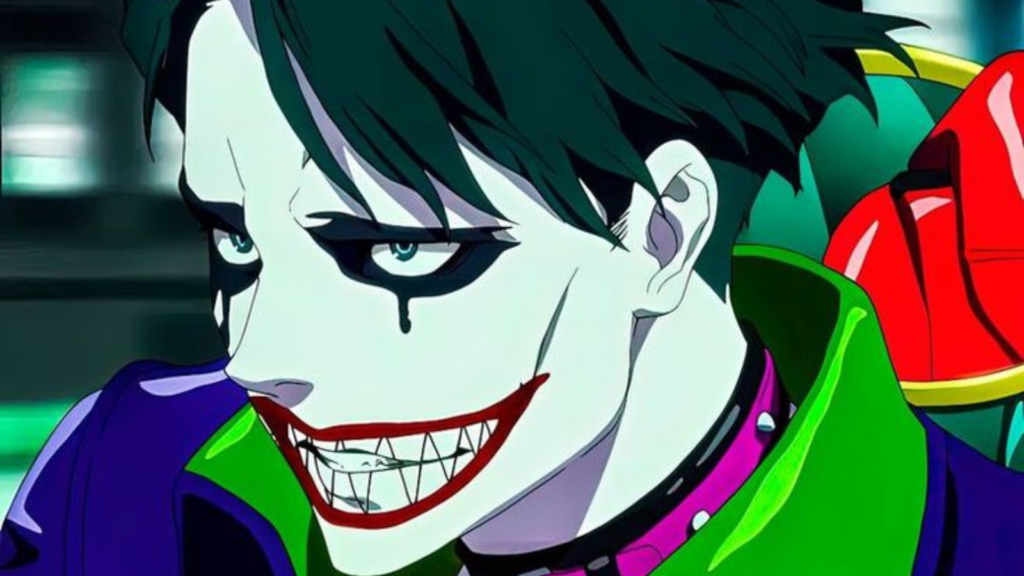
Origins of Suicide Squad Isekai in Anime
To understand the journey of Suicide Squad Isekai in anime, it’s crucial to explore its origins. The concept of a team of expendable criminals on dangerous missions has resonated with audiences, leading to its adoption in various entertainment mediums. The anime adaptation took cues from the original DC Comics but added a distinct Japanese flair to the narrative.
Key Anime Adaptations
“Suicide Squad Tokyo Assault” (Year):
This anime marked the first official foray of the Suicide Squad into the world of Japanese animation. The story shifted the Squad’s operations to the bustling streets of Tokyo, introducing new characters and culturally relevant challenges. This adaptation laid the foundation for future anime iterations of the Suicide Squad Isekai.
Rogue Reapers Redemption” (Year):
An innovative take on the Suicide Squad concept, “Rogue Reapers: Redemption” explored the moral dilemmas faced by the characters as they navigated missions with life-and-death consequences.
The anime delved into the psychological aspects of being a part of the Suicide Squad, unraveling the complexities of redemption and sacrifice.
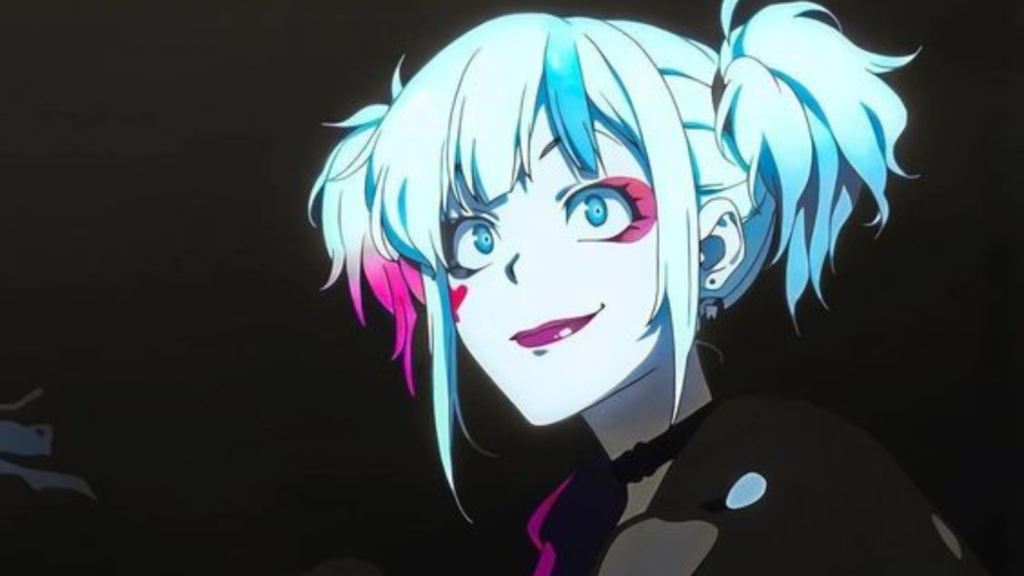
Unique Storytelling Elements
Character Dynamics:
One of the strengths of the Suicide Squad anime lies in its ability to craft compelling character dynamics. The eclectic mix of personalities within the Squad creates tension, humor, and unexpected alliances. Viewers are drawn into the intricate web of relationships, making each mission an emotional rollercoaster.
Cultural Adaptations:
Anime adaptations of the Suicide Squad often infuse cultural elements unique to Japan, providing a fresh perspective on the team’s dynamics. From traditional Japanese folklore influences to modern societal issues, the anime iterations explore themes that resonate with both local and global audiences.
Impact on the Suicide Squad Franchise:
The success of Suicide Squad Isekai has had a profound impact on the overall franchise. The unique storytelling elements introduced in anime adaptations have influenced subsequent comic book storylines and live-action films. The willingness to explore deeper psychological themes has brought a new layer of complexity to the characters, elevating the Suicide Squad from a mere action ensemble to a thought-provoking narrative.
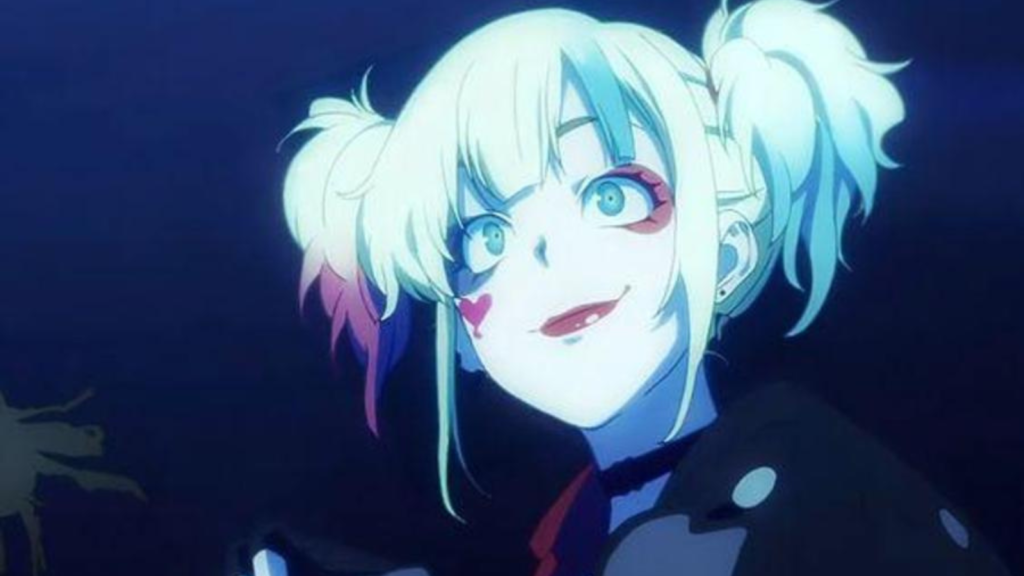
Fan Reception and Community Engagement
The Suicide Squad anime has garnered a dedicated fanbase, with viewers appreciating the nuanced storytelling and cultural adaptations. Online communities discuss character arcs, theories, and the impact of anime on the broader Suicide Squad universe. The interactive nature of fan engagement has contributed to the continuous evolution of the franchise.
Conclusion
In conclusion, the Suicide Squad’s journey in anime has been a fascinating exploration of storytelling possibilities. From its origins in DC Comics to its transformative journey in Japanese animation, the Suicide Squad has proven its adaptability and enduring appeal. The anime adaptations have not only expanded the narrative depth of the Squad but have also left an indelible mark on the broader franchise, shaping the way audiences perceive these antiheroes. As the Suicide Squad continues to evolve, the anime iterations stand as a testament to the enduring power of this unconventional team of characters.
-By Subhankar Das







